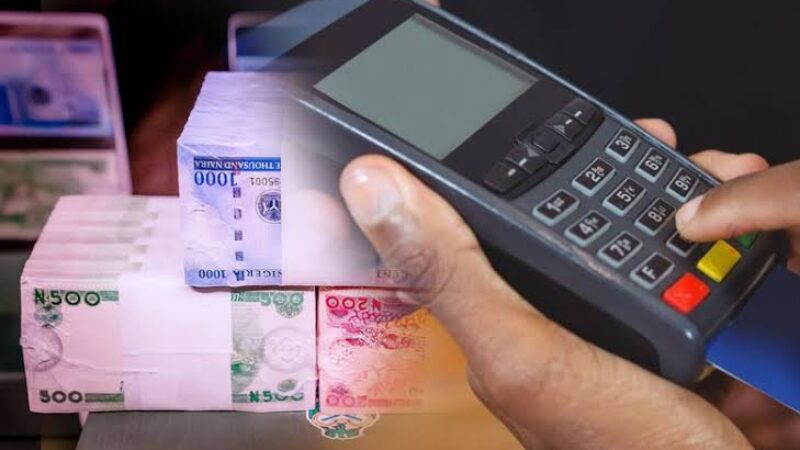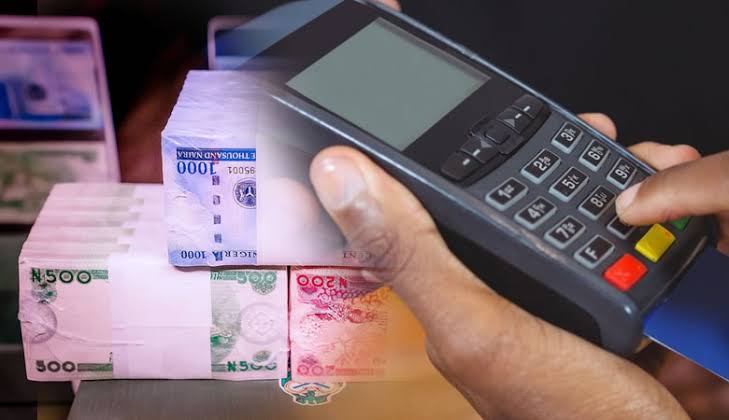CBN’s New Crackdown: 60-Day Ultimatum for PoS Operators Nationwide — Is Your Terminal at Risk?

A new directive concerning geotagging for Point-of-Sale (PoS) machines has sparked widespread discussion among agents and operators across Nigeria. While some worry about its implications, the truth is far less alarming—especially for legitimate operators. Let’s unpack what this directive really means, why it matters, and how it affects you.

What Is Geotagging?
Geotagging is essentially a digital location stamp. It’s the process by which a device—like your smartphone, camera, or PoS terminal—automatically records its exact geographic coordinates (latitude and longitude) whenever it performs a specific action.
In the context of PoS machines, geotagging allows service providers such as MoniePoint, Opay, and others to pinpoint the exact location where a transaction occurs. This data becomes crucial in investigations, especially when criminal activity is suspected. If a scam or kidnapping incident is linked to a PoS transaction, authorities can trace the location instantly, speeding up response and resolution.
Why the Directive Was Introduced
This directive isn’t aimed at disrupting the operations of honest PoS agents. Instead, it’s a strategic move to combat the growing misuse of PoS terminals by criminal networks. In recent years, kidnappers, scammers, and other illicit actors have exploited PoS machines to move and launder money discreetly.
By enforcing geotagging, regulators hope to:
- Track suspicious transactions more effectively
- Deter criminals from using PoS terminals for illegal activities
- Strengthen the integrity of Nigeria’s financial ecosystem What This Means for PoS Agents
Here’s the part that directly affects you: under the new directive, your PoS terminal must remain within a designated geographic zone. This means:
- You’ll need to register your operating location with your service provider
- Any attempt to use the PoS machine outside the approved zone may trigger a flag or suspension
- Regular location checks may be conducted to ensure compliance
For most agents who operate from fixed kiosks or shops, this won’t be a problem. But if you’re a mobile agent who moves between locations, you may need to update your registered address or seek special permissions.
What You Should Do Next
To stay compliant and avoid disruptions:
- Contact your PoS provider to confirm your registered location
- Ensure your device’s GPS is active and accurate
- Avoid lending your PoS terminal to others or using it outside your approved zone
- Stay informed about updates from your provider or regulatory bodies Final Thoughts
The geotagging directive is a proactive step toward securing Nigeria’s financial landscape. While it may introduce a few new rules, it’s ultimately designed to protect both agents and customers from fraud and exploitation. If you’re running a legitimate operation, you have nothing to worry about—just stay informed and compliant.
Have questions or concerns about how this affects your business? Drop them in the comments or reach out to your PoS provider for clarity.











Comments are closed.